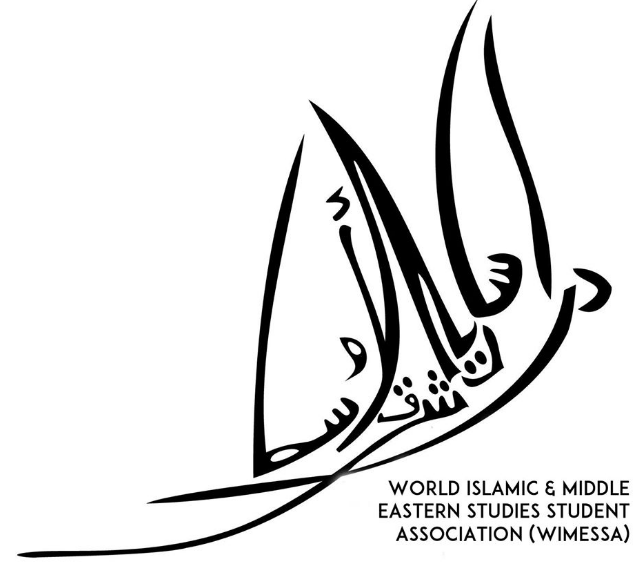The Islamic Studies Library hosted “Islamophobia as Racism,” on Jan. 31, a talk that focussed on the phenomena of racialization and racism, especially with regard to Muslim women. Organized by the Students in Solidarity for Palestinian Human Rights (SPHR) McGill and the World Islamic and Middle East Studies Student Association (WIMESSA), Associate Professor of Philosophy at McGill Alia Al-Saji was the featured keynote speaker.
The event began with an introduction from Ehab Lotayef, organizer of Muslim Awareness Week, who reminded the audience about a commemoration event for the 2017 Québec mosque shooting victims.
“We decided to launch Muslim Awareness Week […] to express to society the concerns and contributions of the Muslim community [and] to connect as human beings,” Lotayef said.
Al-Saji started by discussing US president Donald Trump’s travel ban between 2017 and 2018, highlighting how the system that had been used to determine which countries were included on the ban list, and pointing to her own experiences as an Iraqi woman. She noted that Pakistan had been omitted, despite its majority-Muslim population, while Iranian people were subjected to intense scrutiny at the border as new versions of the travel ban were created.
“The ban was designed to […] train and habituate the discretionary gaze of border agents to exclude through a peculiar othering lens,” Al-Saji said. “The ‘enhanced vetting’ to which Iranians are submitted is […] a way of hiding their racialization under the guise of reasonable criteria of security and risk.”
Al-Saji pointed to a number of additional factors that better capture the process of racialization in today’s society, including clothing, gestures, and practices.
“Racialization is […] the historical and social process by which races are constructed, perceived and […] lived,” Al-Saji said.
Al-Saji also expressed concern over Premier François Legault’s comments claiming that Islamophobia did not exist in Quebec.
“François Legault later specified that […] there had been isolated incidents but no ‘current of Islamophobia’ systemic in Quebec society,” Al-Saji said. “Commentators hastened to add [that] Quebec was not a racist society.”
In response to Legault’s remarks, Al-Saji argued that the term ‘lone gunman,’ Al-Saji said is used to link independent cases of mental illness to white terrorists, causes a problematic sense of active ignorance.
Additionally, Al-Saji disputed the claim that cultural racism, a term she gives to anti-Muslim hate, should be considered as distinct from mainstream conceptions of racism, as it considers more than skin colour.
“This response seems to freeze the concept of race in its 19th and 20th century scientific form,” Al-Saji said. “Race is itself a historical and contextual concept.”
The final component of the talk explored the oppression against Muslim women. Al-Saji focussed on the concept of unveiling, and explained that women are often blamed for choosing to commit to their cultural practices.
“Culture is […] represented as supplementary to the body,” she said. “Muslim women who [wear a] veil are seen not only as victims but as complicit pawns of their own oppression.”
To Al-Saji, the argument that changing one’s cultural practice, behaviour, and clothing can prevent cultural racism is wrong and problematic.
“Veiling forms an [integral] part of one’s bodily sense of self that cannot be removed without violence to that self,” Al-Saji said. “One’s lived body cannot be disentangled [from] biological and cultural elements.”
The talk was well encompassed by the words of Michelle Hartman, director of the Institute of Islamic Studies.
“I wanted to put this commemoration [in] the context of [Bill] 21,” Hartman said. “Our institute has come together, and […] pledged to fight against this law.”









